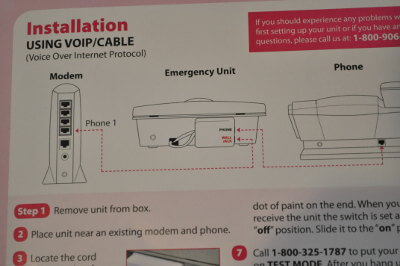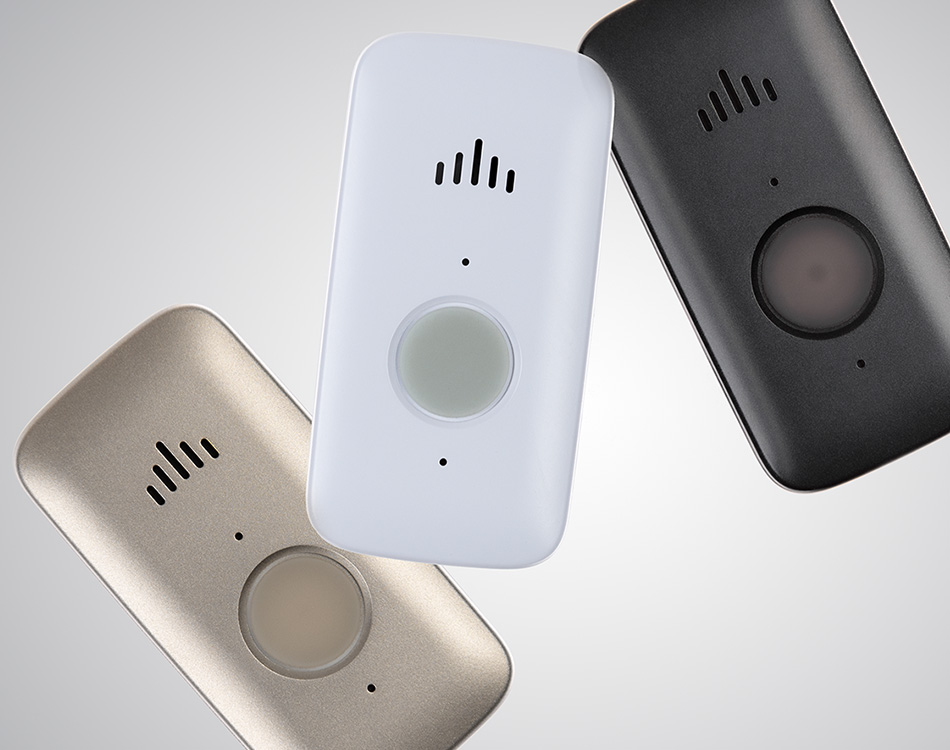Why Can’t Medical Alert Systems Connect to Cell Phones?
Studies show that about a third of all households in the United States have ditched their home telephones in favor of exclusively using their cell phones. By some estimates, home phones will be obsolete by the year 2025. So why do so many medical alert companies insist that you have a traditional landline in order to use their services?

A handful of companies are taking baby steps, though. In additional to the traditional telephone you get from a phone company, their systems can be hooked up through an Internet-based phone, such as Vonage or one you get from your cable company. Commonly known as VoIP (Voice over Internet Protocol), these systems work almost identically to telephones, except it is carried through Internet cables instead of phone wires.
One disadvantage to VoIP systems as that if you lose your Internet connection or the power goes out, you also lose your telephone. This could also cause you to lose the medical alert system connected to it. A traditional telephone works through a power outage, and medical alert systems have battery backups so you will never be without protection.
Perhaps this is why most medical alert companies insist on a traditional landline — they do not want their clients to lose the ability to call for help if necessary. But cell phones have been around for more than 20 years now. You would think that medical alert companies, which are on the cutting edge of so much technology, would have already figured out a way to connect a system to a cell phone and have it work without interruption.
Yes, there were times when cell phone service was spotty, and there are still some rural areas where there is little or no service. But the vast majority of Americans live in areas where cell phone service is nearly perfect. Gone are the days of calls being routinely dropped. Medical alert companies really need to get moving and develop systems compatible with cell phones.
And they better act quickly because baby boomers are retiring in record numbers, and most of them probably already only have cell phones. Today’s seniors grew up with home phones and likely still have them. But a decade from now, seniors who haven’t had phones for many years will be ready to by a medical alert system.
There are cost issues to consider as well. If a person does not have a landline and wants to get a medical alert system, he or she has to sign up for phone service. Even the cheapest plan will probably cost about the same as the monthly monitoring cost of the medical alert system, so in essence a person is paying double to have an alert system. For many seniors on a limited income, that is just not possible, so they must go on without potential life-saving protection. As the years go on, medical alert companies will have to offer systems that can be hooked up to cell phones. It would be a huge mistake if they are not working on such systems right now.



